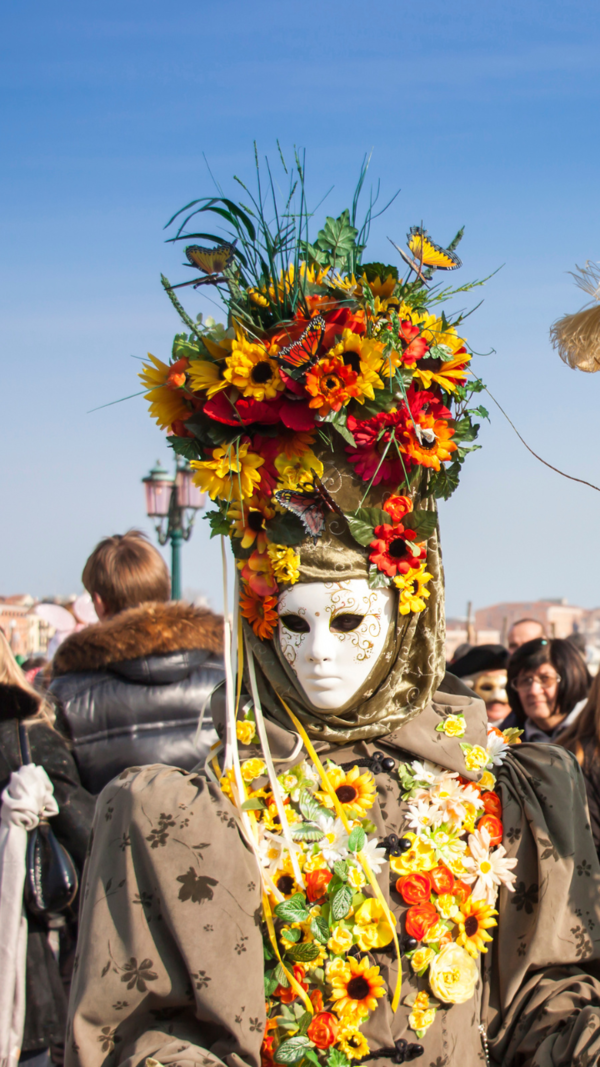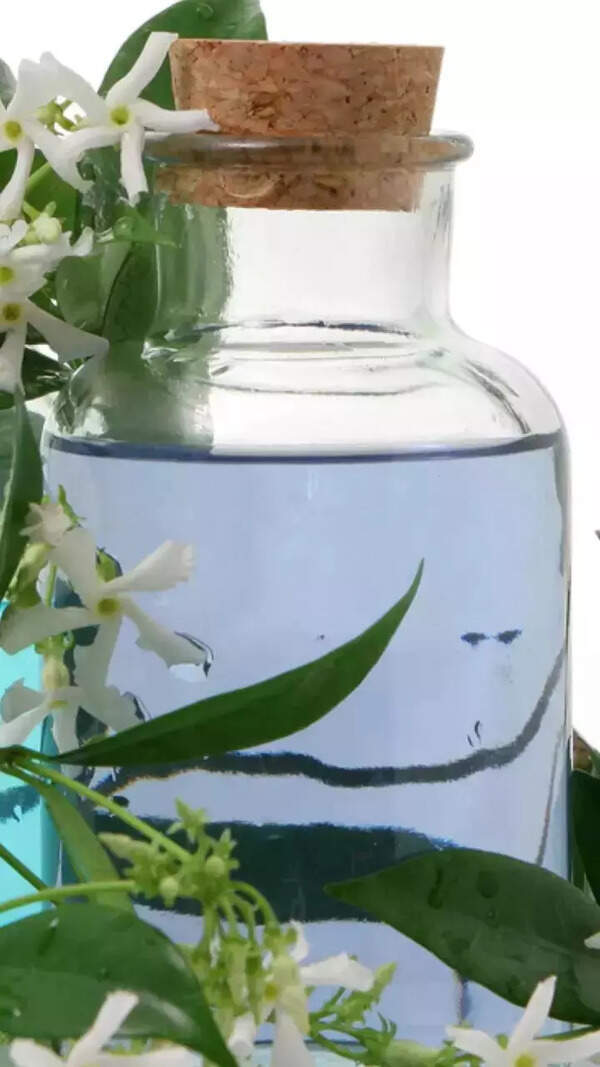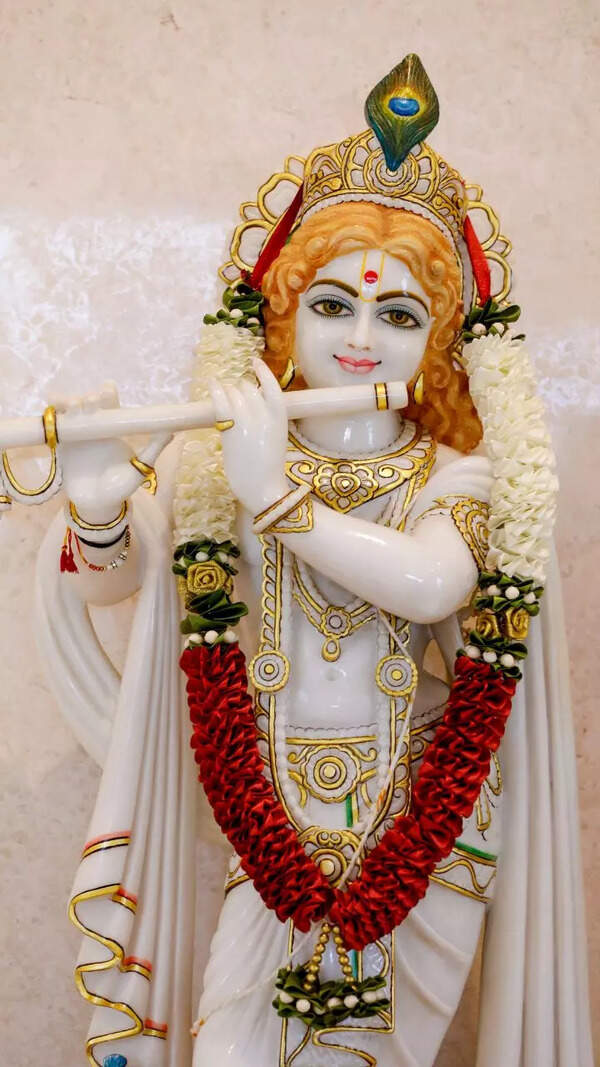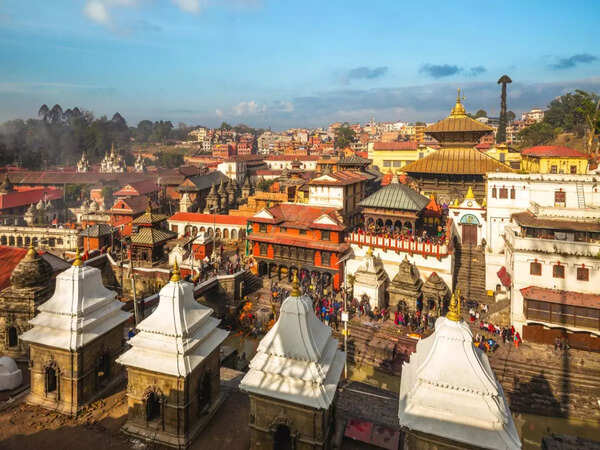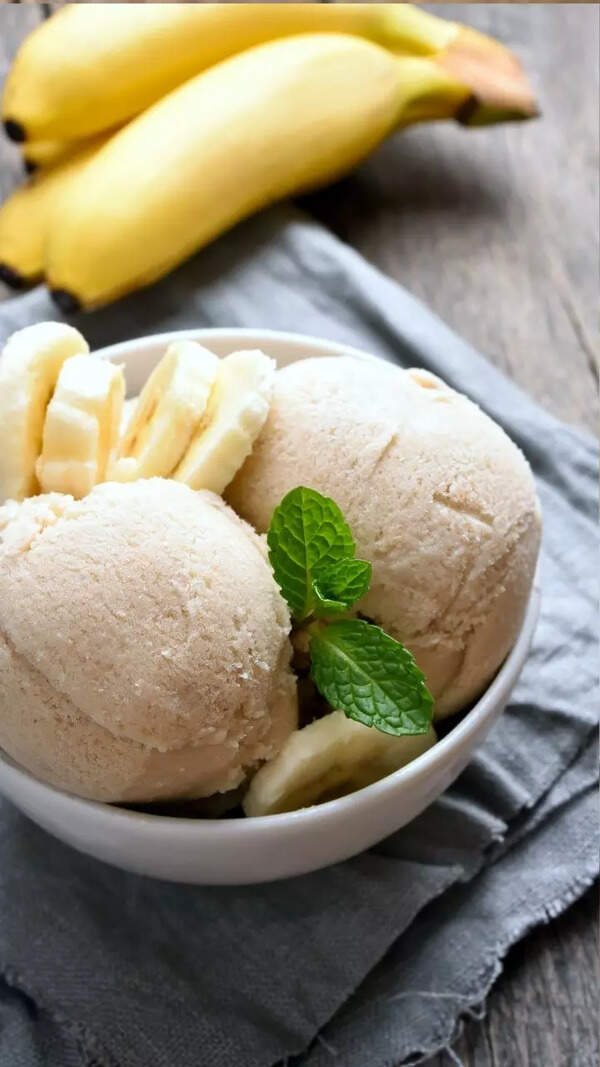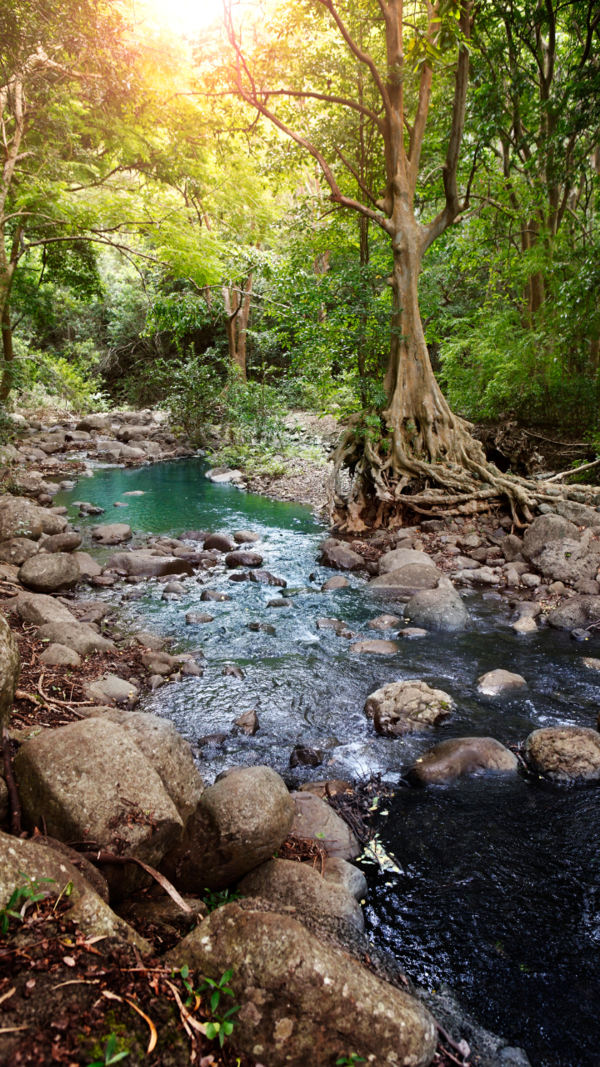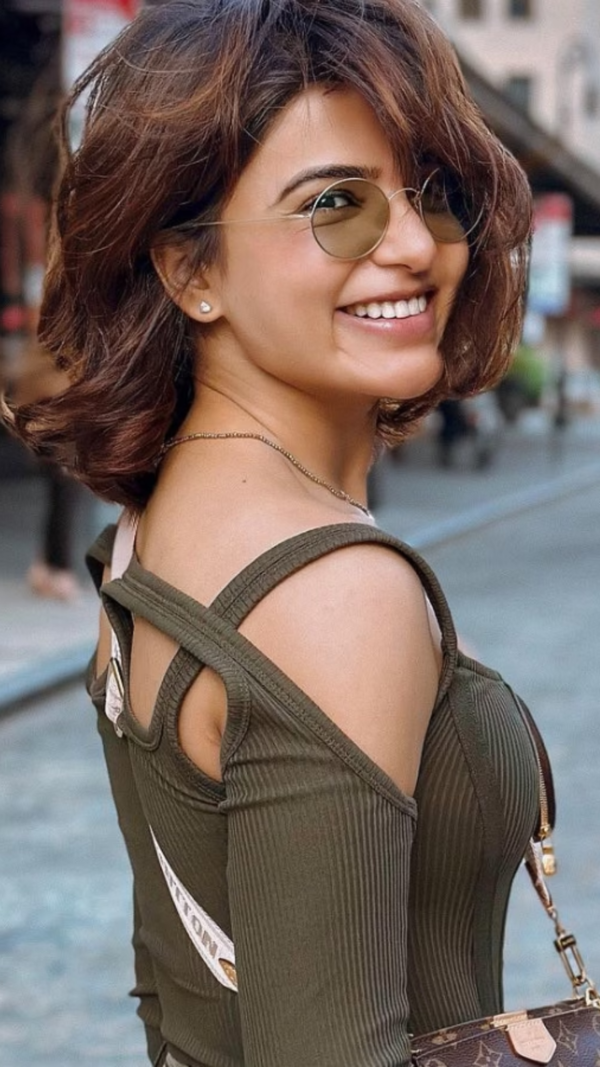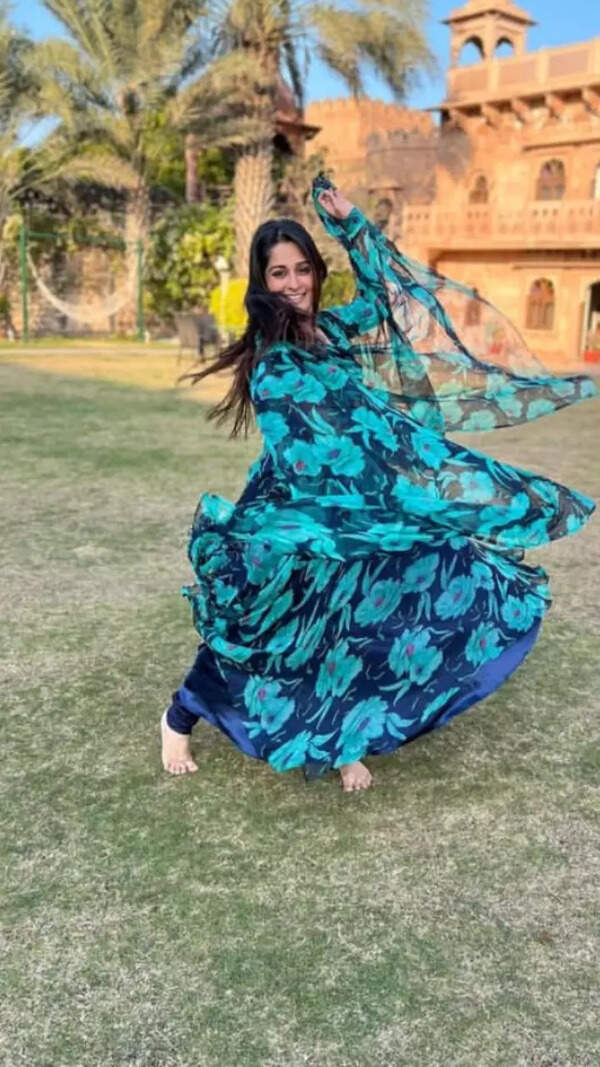- News
- City News
- Raipur News
- raipur News
- 'Even after death, be useful': Chhattisgarh tribal mother’s wish leads to rare body donation
Trending
'Even after death, be useful': Chhattisgarh tribal mother’s wish leads to rare body donation
In Chhattisgarh's Bastar region, a tribal family from Bhiragaon, Kondagaon district, honored their illiterate mother, Manki Bai Netam's last wish by donating her body to Jagdalpur Medical College. Inspired by Sant Guru Rampal Maharaj's teachings, this act challenges traditional beliefs and highlights a growing acceptance of body donation for medical education in tribal communities, addressing the scarcity of cadavers.
RAIPUR: In the heart of Chhattisgarh's Bastar region, where deep-rooted traditions govern life and death among tribal communities where fire and earth have long been considered the only sacred resting places for the deceased, the concept of body donation is slowly gaining ground.One such remarkable instance has emerged from Bhiragaon village in Kondagaon district, where a tribal family honoured the last wish of their illiterate mother, Manki Bai Netam, 65, by donating her body to medical science. The move, inspired by the teachings of Sant Guru Rampal Maharaj, is being hailed as a transformative moment for the region.“My mother used to say that even after death, she wanted to be of use to others,” said her elder son, Trinath, a school employee. “We respected her wish and took the decision as a family.”The body was donated to Jagdalpur Medical College, where it will aid the training of future doctors. According to the college’s Anatomy Department, over 15 cadavers are required annually for the practical education of 150 students, yet donations remain scarce.“This is a deeply encouraging development,” said Dr. Pradeep Beg, Dean of the college. “Cadavers are essential for hands-on learning, and such awareness in tribal areas is a welcome shift.”
End of Article
Follow Us On Social Media


